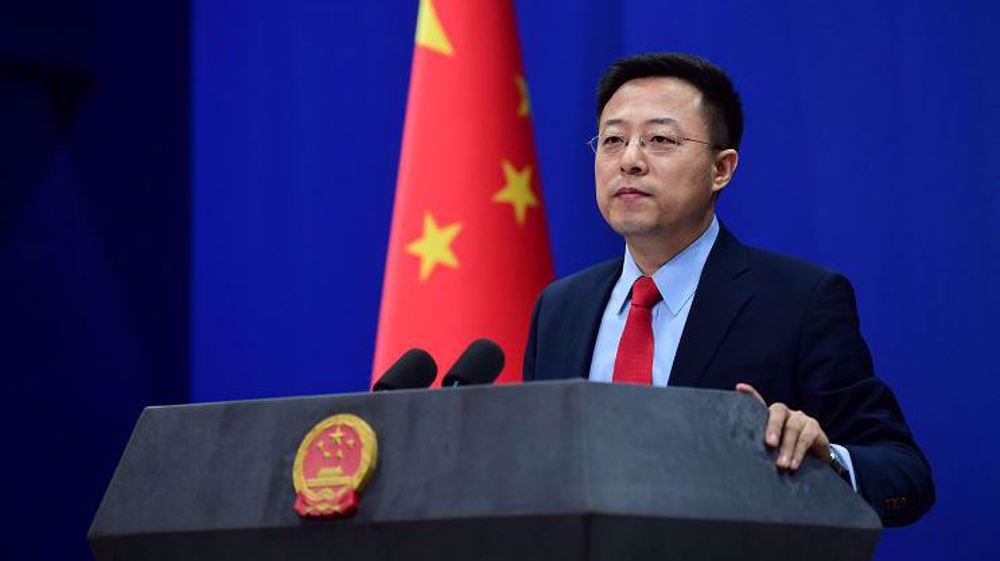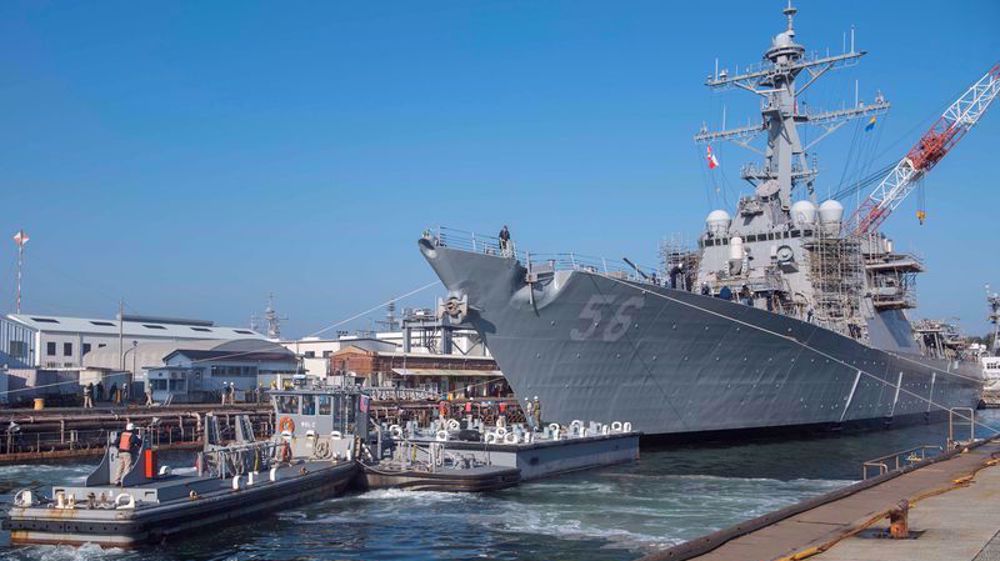China authorizes coast guard to open fire on foreign vessels in disputed waters
China has introduced a new law that allows its coast guard, for the first time, to open fire on foreign vessels deemed to pose threats, a move that could make the contested waters around China more turbulent.
On Friday, the Standing Committee of the National People's Congress, which is China’s top legislature, passed the Coast Guard Law, state media reported.
According to the draft of the bill published earlier, forces of the coast guard are allowed to use “all necessary means” to stop or prevent threats from foreign vessels.
It also specified in detail when different kinds of weapons - hand-held, shipborne or airborne – can be used against foreign vessels.
China claims sovereignty over nearly the entire South China Sea. The strategic body of water serves as a gateway to global sea routes, through which about 3.4 trillion dollars of trade passes each year. Vietnam, Taiwan, the Philippines, Malaysia, and Brunei have overlapping claims with China to parts of the sea.
China has also maritime sovereignty disputes with Japan in the East China Sea. Tokyo and Beijing have for several years been locked in a territorial row over a small group of uninhabited islands in the sea, known respectively as the Senkaku or Diaoyu islands.
China maintains that it has indisputable sovereignty over the islands but the Japanese government regards them as a part of its territory.
The Chinese navy has reportedly sent its coast guard to chase away fishing vessels from other countries, sometimes resulting in the sinking of these vessels.
According to the bill, the coast guard forces are allowed to demolish other countries’ structures built on Chinese-claimed reefs and to board and inspect foreign vessels in waters claimed by China.
It also allows the coastguard to establish temporary exclusion zones “as needed” to bar other vessels and personnel from entering.
The bill, whose first article stressed that such a law is needed to safeguard China’s sovereignty, security, and maritime rights, created some concerns. However, Chinese Foreign Ministry spokeswoman Hua Chunying said on Friday that the law is in line with international practices.
Hamas says committed to Gaza ceasefire deal; awaits list of prisoners to be released by Israel
VIDEO | Press TV's News Headlines
Israeli minister Ben-Gvir quits Netanyahu’s coalition over Gaza ceasefire
Hamas names 3 Israeli captives to be freed under Gaza ceasefire deal
Gaza ceasefire agreement ‘biggest defeat’ for Israel: Gen. Qa’ani
Iran’s digital economy wonders in face of sanctions
US warplanes target north of Yemen’s capital in fresh aggression
Rights group files war crimes case in Spain against Israeli soldier















 This makes it easy to access the Press TV website
This makes it easy to access the Press TV website